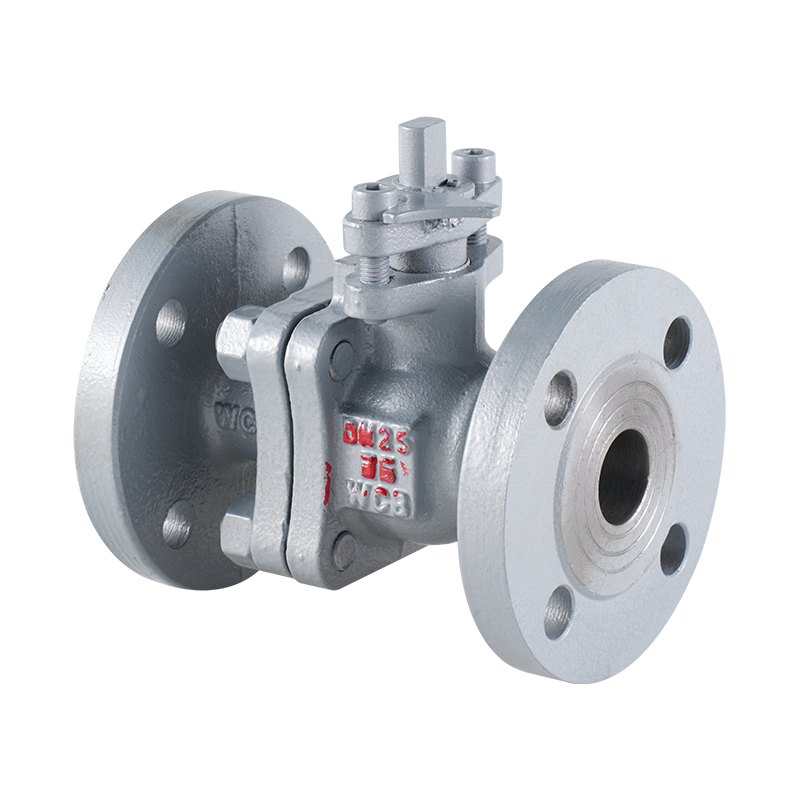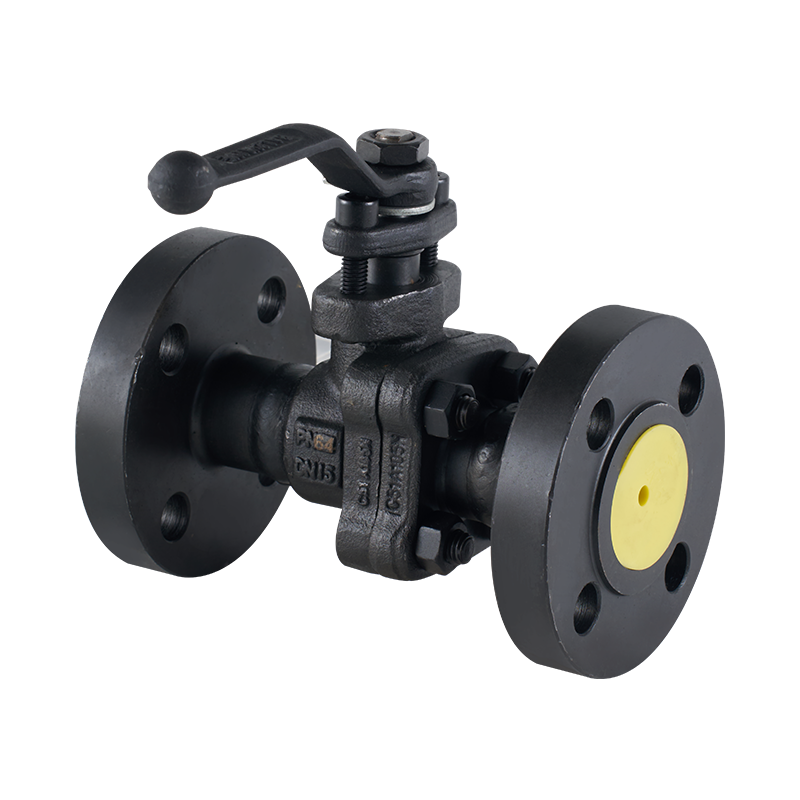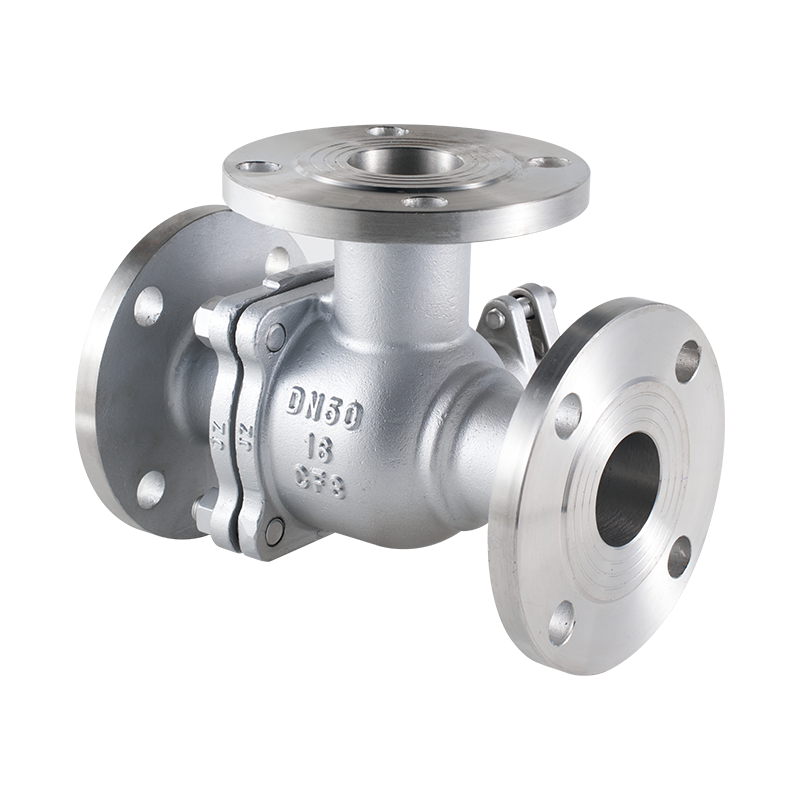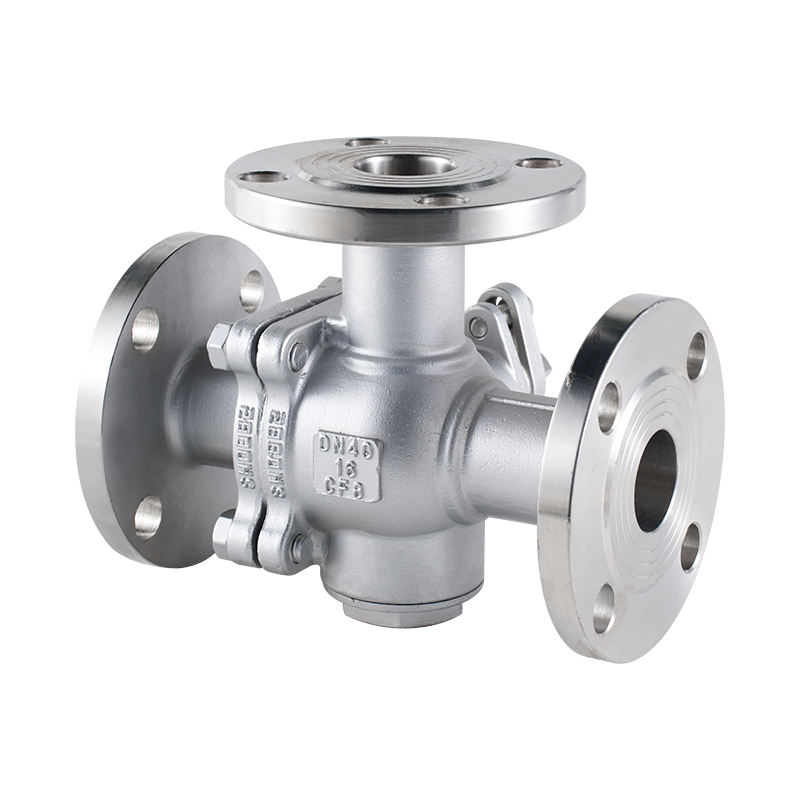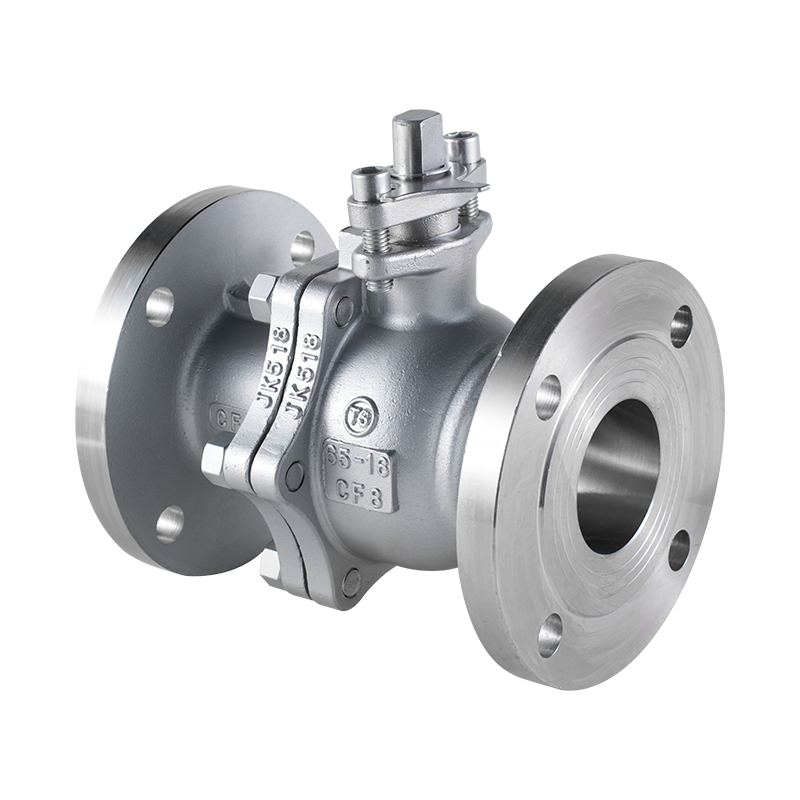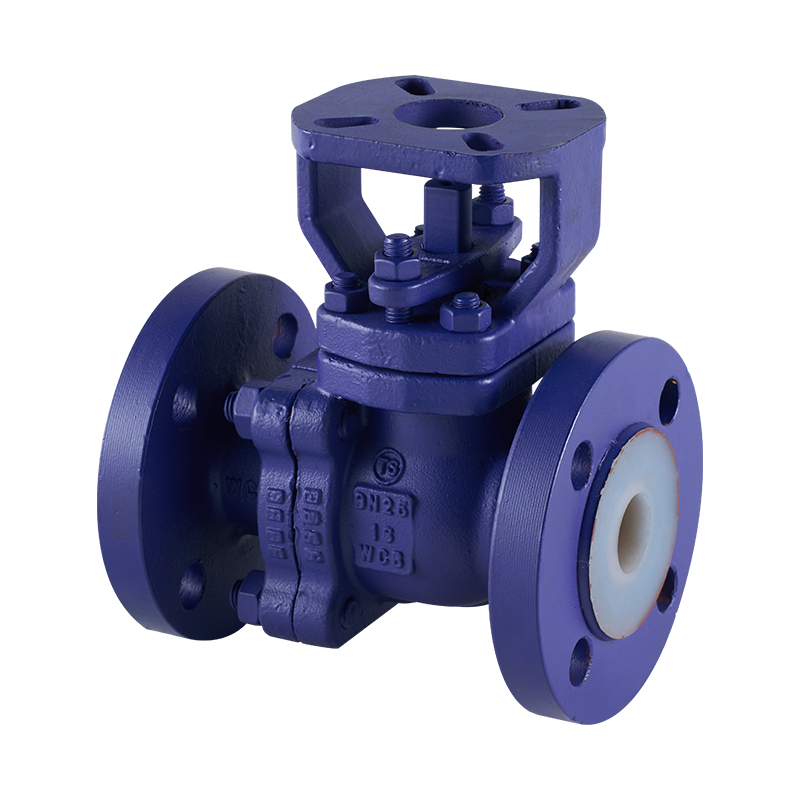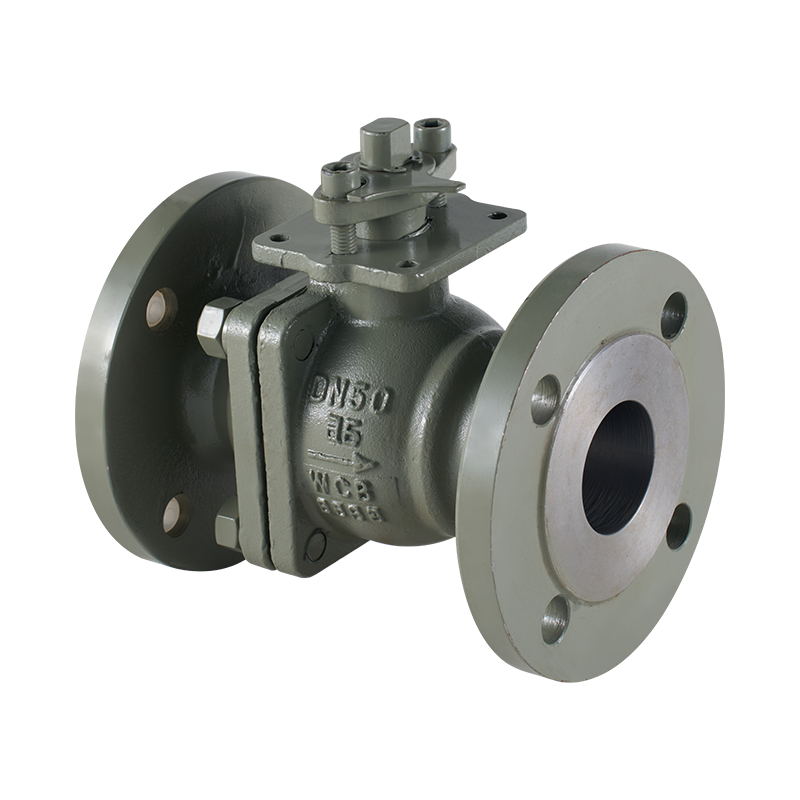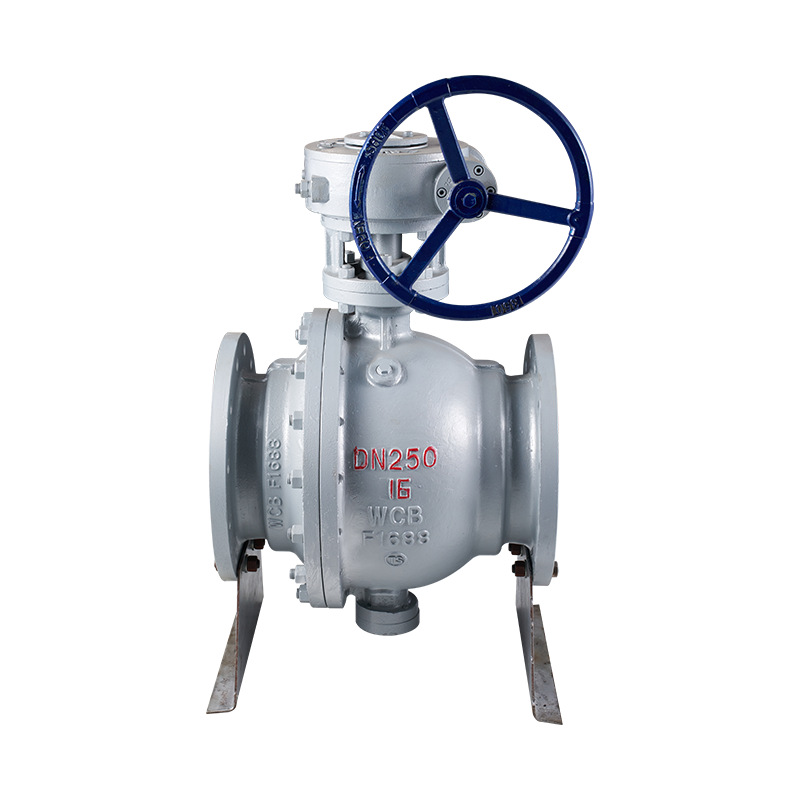The Cast Steel Swing Check Valve is an essential component in many industrial systems, designed to prevent the backflow of fluids and gases, thus ensuring the safety and efficiency of the system. This type of valve is commonly used in applications where a one-way flow of fluid is required, such as in water pipelines, HVAC systems, oil and gas infrastructure, and other industrial fluid transport systems.
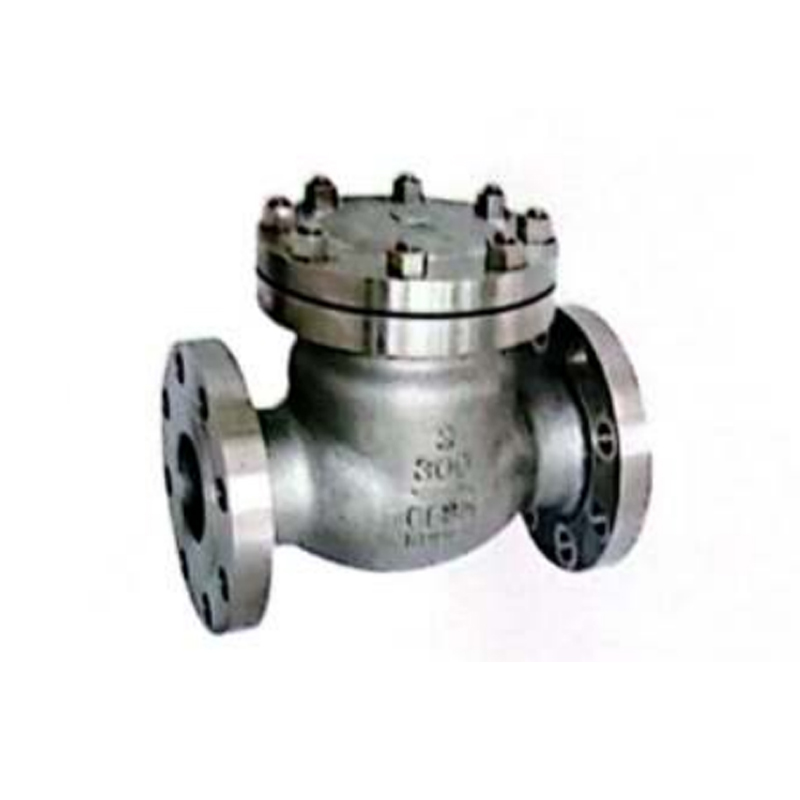
The design of the Cast Steel Swing Check Valve features a disc or "swing" element that pivots on a hinge or pin. When the fluid flows in the intended direction, the disc remains open, allowing for the seamless passage of the fluid. However, if the fluid flow reverses or slows down significantly, the disc swings shut, effectively blocking any backward flow. This automatic mechanism provides a reliable method of preventing backflow and safeguarding the system from potential damage or contamination.
Cast steel, as the material for these valves, is known for its strength and durability. The material's ability to withstand high pressure, temperature fluctuations, and corrosive environments makes it ideal for industrial applications. Cast steel valves are also typically more cost-effective than their forged counterparts, offering a balance between strength and affordability. In addition to this, they are resistant to wear and tear, which is essential for ensuring long-term, uninterrupted operation, especially in high-demand systems.
An Excess Flow Check Valve for LPG is a critical safety component in the distribution and storage of liquefied petroleum gas (LPG). LPG systems are widely used in residential, commercial, and industrial applications, and the primary function of this valve is to protect against the risks of excessive flow, which could result in hazardous situations such as leaks, explosions, or damage to the system. The excess flow check valve is specifically designed to shut off or reduce the flow of LPG in the event of a sudden or unintended surge in flow, ensuring that the system operates safely.
These valves are equipped with a flow-sensing mechanism that is calibrated to respond to any sudden increase in flow rate. In normal operation, the valve allows the LPG to flow freely, but if the flow rate exceeds a pre-set threshold, the valve closes automatically to prevent further flow. This action helps to isolate the affected area and prevent potential disasters. The excess flow check valve provides an additional layer of protection by ensuring that the system remains operational within safe limits.
One of the main benefits of using an Excess Flow Check Valve for LPG is that it provides immediate response in emergency situations. For example, if a pipeline or connection is accidentally ruptured, causing a surge in flow, the valve will close instantly, preventing the LPG from continuing to flow uncontrollably. This reduces the risk of fire, explosion, or environmental contamination, making it an essential safety feature in LPG storage and distribution systems.
When selecting an excess flow check valve for LPG applications, it is essential to consider the size and pressure rating of the system, as well as the specific flow rates. The valve must be accurately sized to ensure it functions correctly during an emergency. Additionally, the materials used in the construction of the valve must be compatible with LPG and capable of withstanding the pressures and temperatures common in these systems. Materials like stainless steel and brass are often used, as they offer resistance to corrosion and wear.
Regular maintenance and inspection of the Excess Flow Check Valve for LPG are crucial to ensure its continued effectiveness. Although these valves are designed to be durable and reliable, they must be tested periodically to confirm that they are functioning as intended. Any signs of wear or damage could compromise the valve's ability to protect the system, which is why routine checks are necessary.

 English
English 中文简体
中文简体


